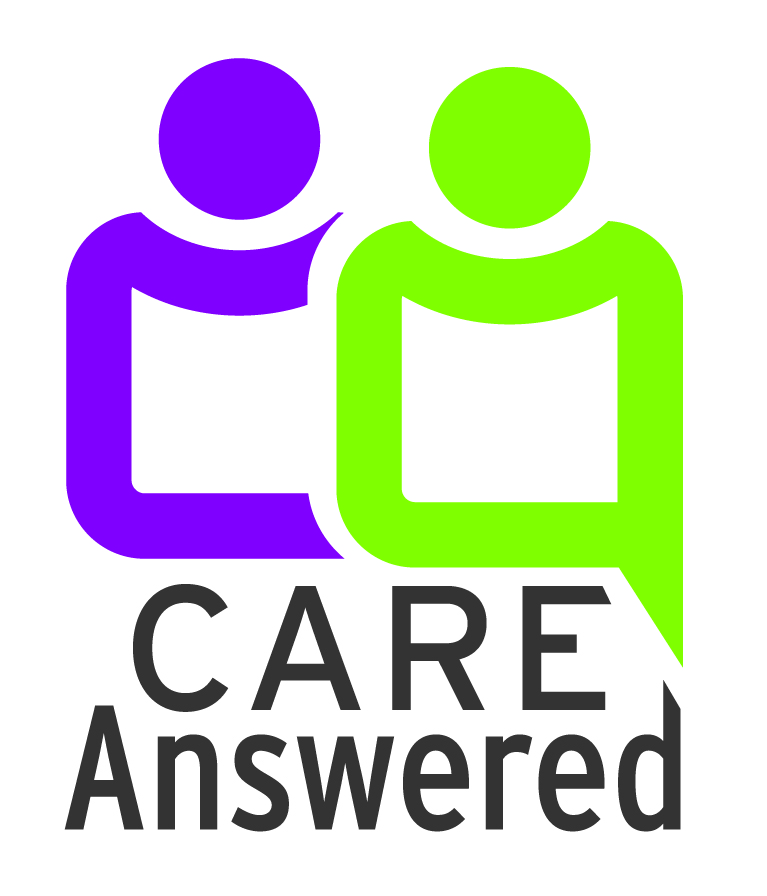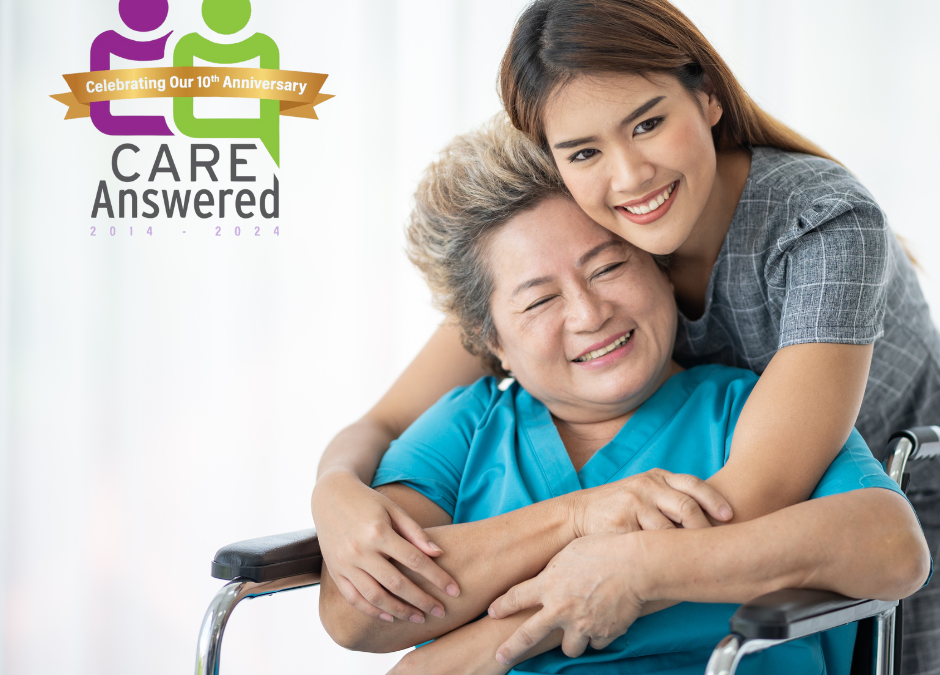CDPAP stands for Consumer Directed Personal Assistance Program. This is the program that allows those who utilize Community Medicaid to have a loved one, friend or neighbor provide care for them and get paid for it. This can be a wonderful program. You may have even heard commercials from different entities about it.
What’s new is that, according to NY State, there is a lot of fraud associated with the CDPAP. To be honest, Care Answered has never seen fraud, but then again, we’re advocates and one generally does not work with an advocate when planning to commit fraud. But as with most things, there is likely an overcorrection on its way that may affect those utilizing CDPAP now and in the future.
First, allow me to outline the CDPAP changes that are NOT going to take place:
- First, CDPAP aides, called “personal assistants” in the downstate area, will NOT see their hourly wages cut drastically because the prevailing wage increase would be taken away in New York City, Long Island, and Westchester.
- Next, in the 30-Day Amendments to the budget, the Governor proposed to limit CDPAP only to people who can “direct” their own care. This would have disqualified all people who have Alzheimer’s disease or other types of dementia or cognitive impairments, those with Traumatic Brain Injuries and Intellectual and Developmental Disabilities. Children under 18 would also have been disqualified from CDPAP – even though those with severe disabilities rely on this service to remain at home and avoid institutionalization.
The changes that are still in the budget, scheduled to take place in April 2025 are:
- Severe cut to the number of fiscal intermediaries (those are the agencies that pay the personal assistants through the Community Medicaid program and often help consumers or those directing the care sign on). This could go from approximately 650 agencies to five or even one.
- Possibly new training requirements for CDPAP personal assistance. This is a troubling notion as the reason for CDPAP is that personal assistants don’t have to be trained by anyone other than the consumer and/or supervisor directing the care. In addition, CDPAP personal assistants are permitted to administer insulin injections or oxygen, tasks that a home health aide from an agency can’t do, specifically because they are trained by the consumer or supervisor.
What will that mean for you if you or a loved one or client on CDPAP? Stay tuned because right now no one is sure. I remain hopeful that the training requirements won’t take place. However, the drastic elimination of most financial intermediaries will likely cause confusion and delay. Regardless of what shape the final rules take, Care Answered is here to update you and help navigate you through whatever changes may take place. Just contact us at [email protected]

